Here is something that you need to know about me: I believe that my two greatest strengths are empathy and the ability to find something positive in this mess we call life. At my core, in spite of my somewhat cynical nature, I believe in the good in the world; I believe in the good in others.
That said, these past few days have been some of the most challenging days of my life. Getting a glass of water is a struggle. Opening the door is a struggle. Going up two steps is a struggle. Bathing is a struggle. Even the most basic activities become nearly impossible when you’re moving alone on crutches through uneven cobblestoned streets.
Just the other day, as I was getting ready to leave my third hotel in Siena for my fourth hotel, I realized I was short on cash. As my new hotel was on the outskirts of town I thought it would be smart to get money while I was in the city center. The woman at my hotel told me that there was an ATM at a shop just a few meters up the street. I crutched my way over only to find that the machine wasn’t working. I asked the man at the counter if there was another ATM nearby and he told me that there was a bank about 250 meters up the street and that the route was flat.
I knew it would be difficult, but I was feeling refreshed as I hadn’t been walking too much in the previous couple of days, and so I decided to go for it. It took me about twenty-five minutes, and when I arrived at the bank, I still couldn’t get money. I figured the problem was my card.
I knew I couldn’t walk the almost 300 meters back to my hotel, so I caught a cab. Ten phone calls later I learned from my bank that there was nothing wrong with my card and that I should try and get to one of their partner banks. Another cab ride later, I had success, and after a quick lunch and two more cab rides I was at my new hotel. The whole ordeal took almost five hours and cost around fifty dollars in cab fare.
Were I not on crutches the whole thing would have taken me at most one hour.

On the second morning after I fractured my foot, I hobbled down the stairs to my hotel’s breakfast buffet. When I arrived it dawned on me that there was no way for me to carry my food to my table. I decided to conduct a little experiment, not to be passive aggressive but simply to see what would happen if I stood beside the buffet table and waited. Would someone offer to help me? I waited ten minutes as multiple guests came, filled their plates, and left. Nobody offered any assistance.
I will say this: I will never again look at a person in a wheelchair or with crutches with eyes of invisibility. I am a compassionate person, but I don’t know if I would have offered help at that buffet table before this week. Now I would. The physical and emotional challenges are real.
I’ve been thinking a lot these past few days about the word help. How difficult it is for me to ask for it. How few people offer it. How grateful I am for those who do. I pause to thank people for offering assistance, even for simply asking how I’m doing. And I’m learning to ask for it, to not feel ashamed for needing it.
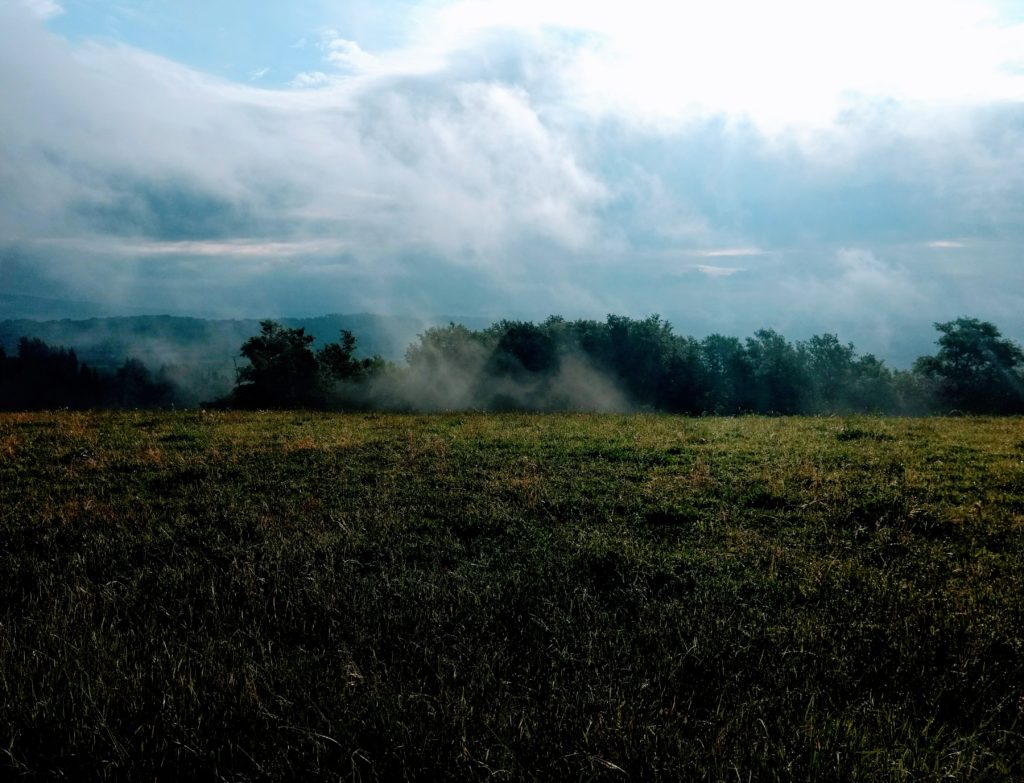
I’ve made a couple of mistakes along the way, doing things that I thought wouldn’t be too difficult that turned out to be horrible. Such as, walking what should have been a 3-minute walk to my third hotel with my pack on. Given that I had previously been walking up to 30 km a day with my pack on, I assumed that I could do such a basic task, even on crutches. Boy was I wrong. It took me thirty minutes.
When I was about halfway there, the hotel clearly in sight, I was struggling and decided to stop someone to ask for help. Drenched in sweat and out of breath, I stopped a man and a woman and asked in Italian if they spoke English, but the man responded that he only spoke Italian.
I’m sure it was obvious that I was suffering because as they walked away, the man kept turning back toward me. In his eyes, I could see that he knew I needed help and that he wanted to give me help, but that he didn’t know how to offer it. I wasn’t angry. Not at all. It made me sad, not for me but for him.
When I arrived at my hotel, I saw that there was a flight of stairs leading up to reception. I couldn’t do it. I knew I could not carry my pack up those stairs without seriously injuring myself again. So I buzzed the doorbell and a woman appeared at the top of the stairs.
Por favore, I called out. I couldn’t get any other words out of my body.
The woman came down the stairs and carried my pack up to the hotel. I made it up the stairs and promptly burst into tears at reception.
“You’re okay,” she said to me. “We’ll take care of you now.”
And they did. For three days, they helped me down and up those uneven stairs. They brought me ice packs. They carried things for me. For all of my struggles, that door was my supreme Magic Door, and to those three ladies, I will forever be grateful.
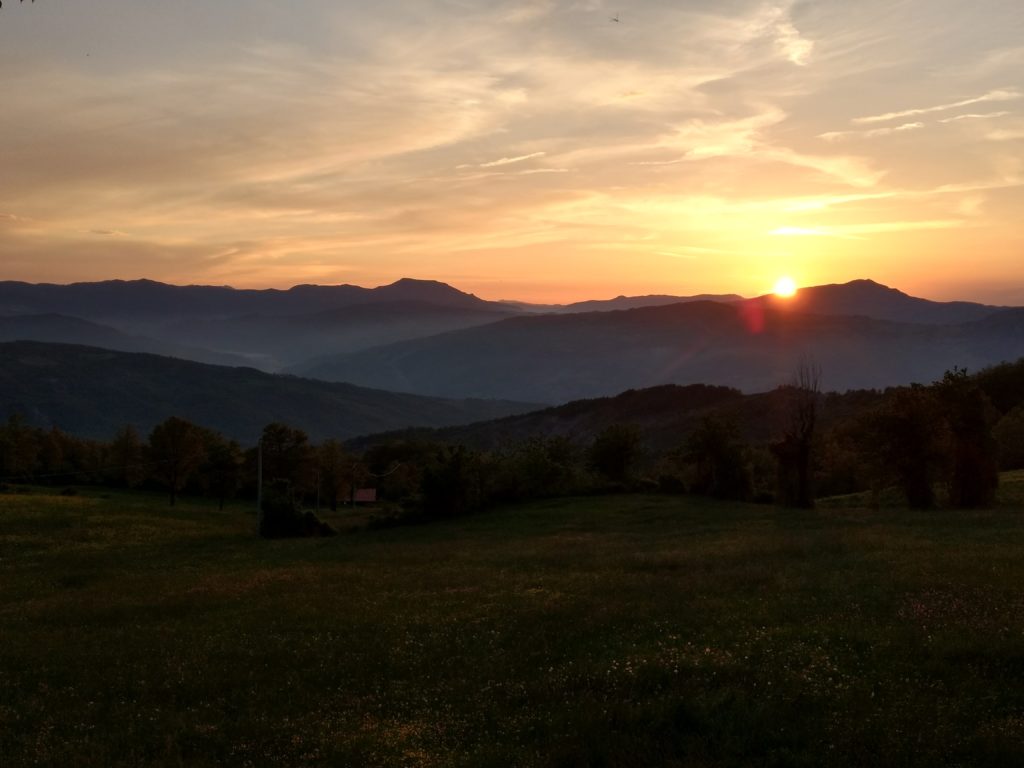
More than one friend has told me that Siena is a great place to recover, that it is one of the most beautiful cities in Italy. Here’s the truth: I saw virtually nothing in Siena other than the inside of that hotel and what I could see from taxi cab windows. It may be a beautiful city, but for me it feels tainted. I did manage to explore the street where my hotel was located, though, and in that 100 meter radius, I found so much kindness, so much beauty.
A woman who owns the hiking gear store carried my old hiking books up the stairs after I bought a pair of lightweight shoes for summer; when she saw me get in my cab to leave the neighborhood, she ran over to say Arriverdverci! as if we were old friends. A woman who sold me cheese and wine and bread one afternoon recognized me and called out as I crept by her shop to ask how I was feeling. A Dutch couple helped me up one high step so that I could sit outside to eat lunch, and we wound up eating lunch together and talking about life and happiness and acceptance.
As I write this, I’m sitting on the terrace at hotel #4, sipping limoncello and watching the cars roll by. This is not the romantic trip to the Tuscan countryside that I’ve always wanted to take. But it is still my trip to the Tuscan countryside, and I need to cherish it whether I have one working leg or two.
A good friend and reader commented last week: “I think it will be interesting, down the line, to reflect on the twists and turns your life will have taken because this happened — the things that you wouldn’t have seen and the people that you wouldn’t have met had you kept walking as planned.” In the end, even when the disappointment is still raw on our skin, when our forearms are bruised from balancing our bodies on crutches, that’s what we have to do, think about the disappointment as an opportunity to learn something, discover something, or find out something about the world that we wouldn’t have learned in any other way.
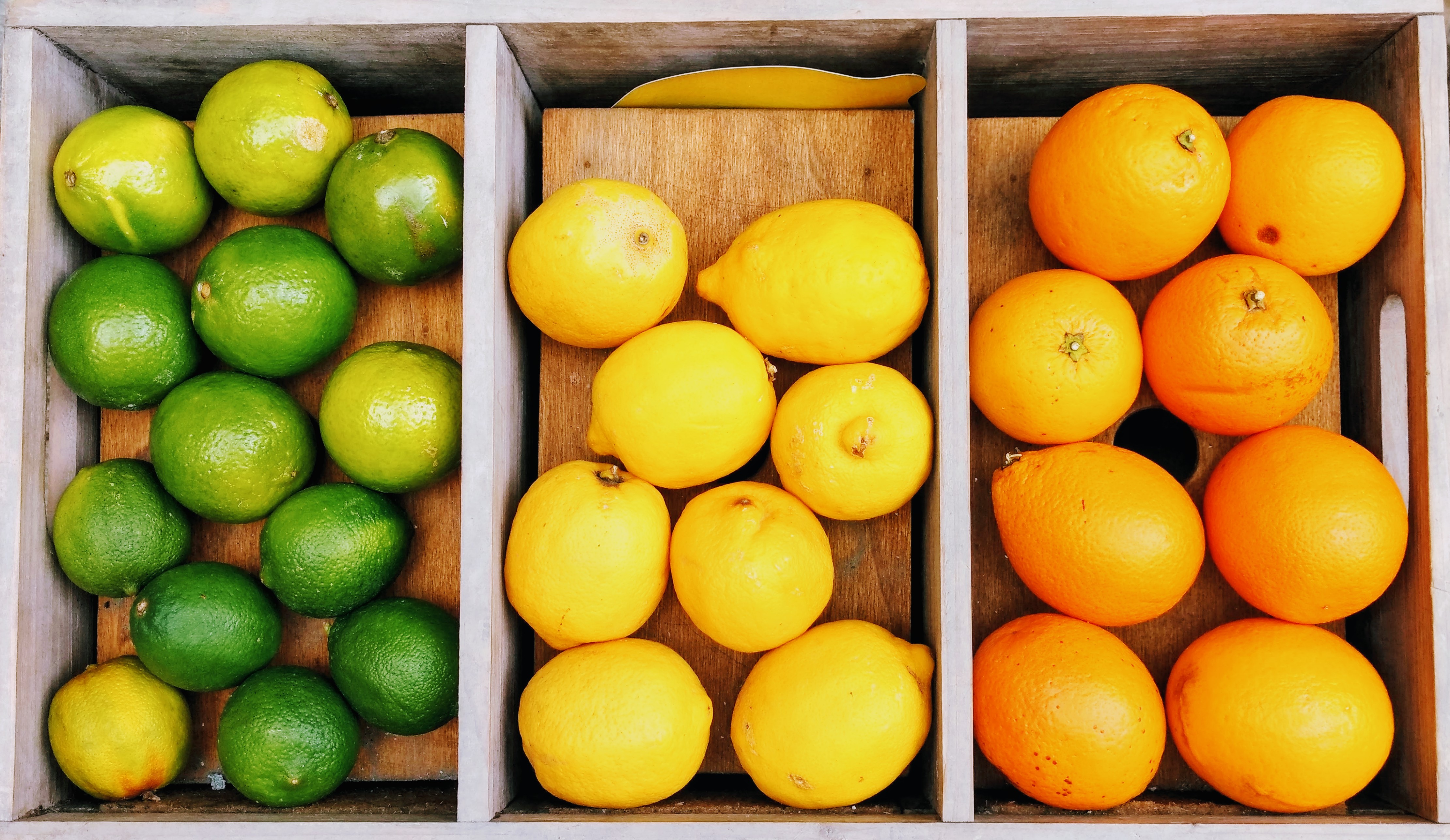



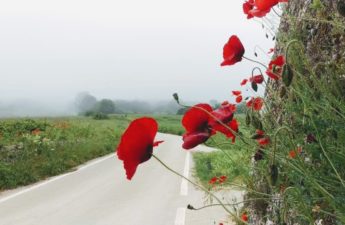
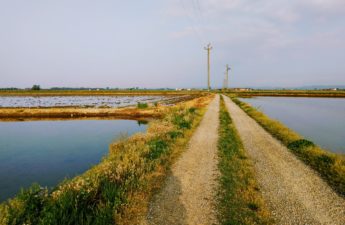
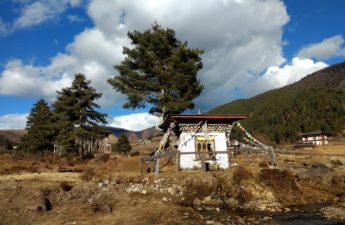
Sometimes, when we need the most help is when we get it least. We dig deep. We cry. And when we finally get the help we need the gratitude is almost immeasurable.
I wish there was something more I could give you than speedy healing wishes.
Speedy healing wishes are greatly appreciated! There is no magical solution here, only patience. Thanks for the kind words 😘
I think most of us worry — consciously or subconsciously — about our helpful intentions being taken the wrong way. Just as you suspect you might have before, I think I might have seen someone on crutches at the buffet and thought, “They must be waiting for someone,” or “If they needed help, they’d ask for it,” but also “I don’t want to insult them if they’re completely capable of doing what I’m offering to help with.” And your experience shows us how silly that is! Of course we should ask, and offer — it shouldn’t really be any more complicated than offering a seat on the subway (or vaporetto) to someone who appears to need it more than we do.
And then there are the people who take “It’s none of my business” to an extreme. I’m glad that for every one of those you find, you seem to find the better kind of person too!
Yes, I think you’re exactly right, that people are worried about offending someone or just assume that anyone in such a vulnerable position MUST have someone already who’s there to help.
But I think it’s also a challenge for many (most? all?) to ask for help, to admit to one’s vulnerabilities. That’s my challenge right now.
xo
On Lemoncello: brave, honest, thought-provoking. I knew you could meet this extreme challenge with such determination. I am fascinated reading your insights about those you’ve encountered. I, with shame, would have most likely been a “feel-bad-look-the-other-way” one; I hope I change . . .
I’m proud of you; kudos!
I think learning to ask people if they need help (as well as learning to ask for help) is a great challenge. I think what Karen wrote is so true, that most probably assume I have someone nearby. Or they want to help but are worried they’ll offend me by asking. XO